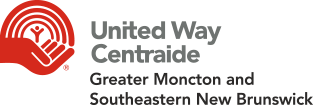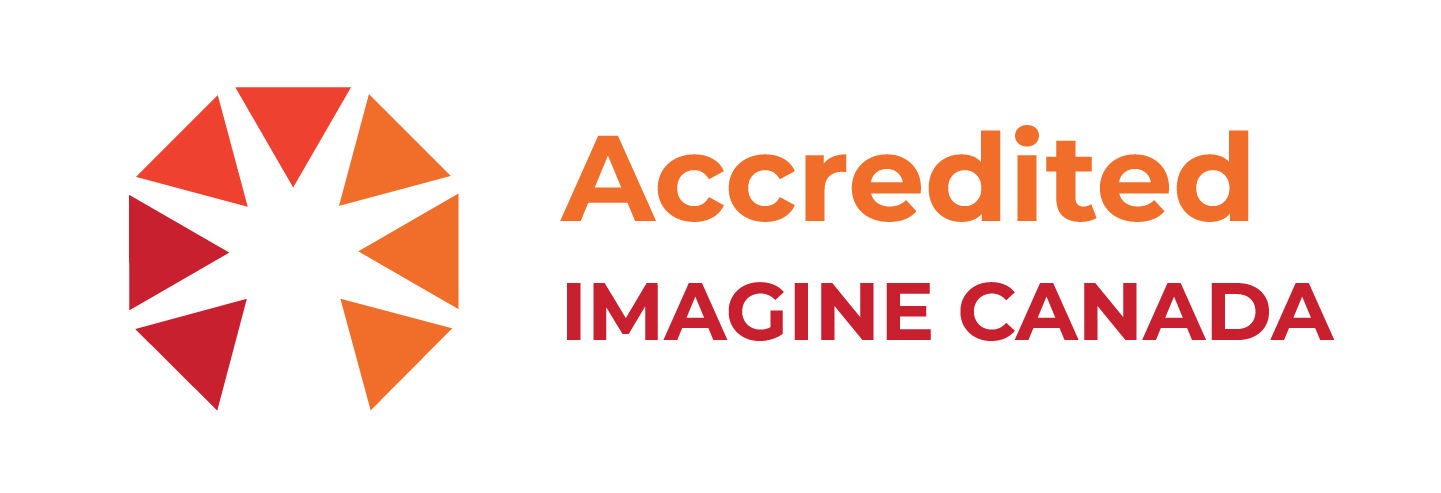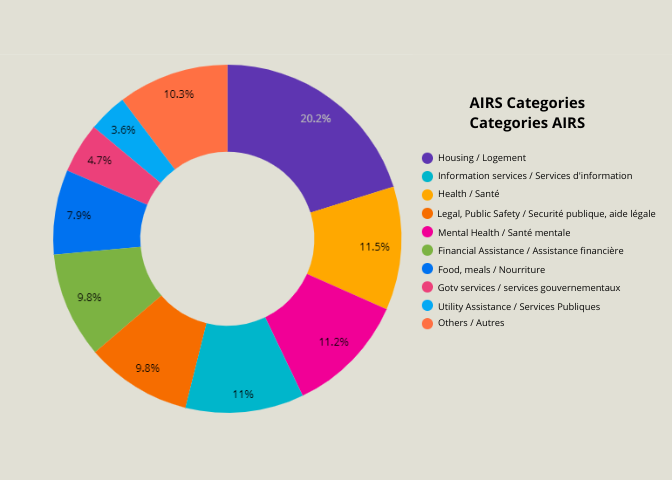

- About Us
- What We Do
- Our Team
- Board of Directors
- Board Portal
- Committees
- Expression of Interest
- Policies & Reports
- News
- Careers
While many of us have experienced illness, loneliness and stress through this pandemic, COVID-19’s toll on vulnerable seniors has been especially distressing. Seniors living in long-term care homes continue to face isolation due to lockdowns. Those living independently are still facing restrictions, limiting their ability to connect with family, socialize, attend community programs or volunteer.
The need to make access to services and supports as easy and seamless as possible came sharply into focus at the start of the pandemic. COVID-19 has disproportionately impacted those already vulnerable in our communities – especially seniors – and we must make it simple for them, and their caregivers, to find and access existing government and community supports now and to ensure they don’t fall behind in the future.
Enter 211 – an information and navigation service that helps people access local supports to meet all of life’s challenges. It is free, confidential, and available 365 days a year in over 150 languages via phone, chat, and online. 211 maintains the largest database of government and social services in the country. Community navigators are trained to engage clients and understand the range of emotional, social, financial, and mental health needs they have. They provide referrals to services and programs offered by all levels of government and community service providers that can meet these needs. And, where needed, they follow-up to ensure people get the support they need. With support from the Government of Canada, United Way Centraide Canada enabled nationwide access to 211 for the first time in 2021.
This nationwide access is being celebrated and acknowledged on February 11th, which is National 211 Day. To mark the occasion, 28 communities in New Brunswick alone (and dozens across the country) will be lighting up their landmarks in red as part of the United Glow campaign to spread awareness about the service and remind their communities that 211 remains a beacon of hope when people don’t know where else to turn for help.

Since its arrival in New Brunswick in October 2020, the service has responded to over 15,000 calls, providing individuals with crucial referrals and information to assist them during an especially challenging time. 211 has become an essential tool to provide support to individuals, as well as service providers who have seen an increase in the complexity of clients’ needs throughout the pandemic. Based on aggregate data we collect based on calls to the service, we know that over 20% of calls were related to housing insecurity (residential housing options, housing expense and utilities assistance, emergency shelter), while other top reasons for calling include health (11.5%), mental health and addictions (11.2%), information about government programs (11%), and public health and safety advisory clarifications (9.8%).

We have learned through the pandemic that collaboration across sectors, communities, party lines and levels of government is key to protecting and strengthening communities in challenging times. To ensure an equitable recovery as we rebuild our communities, we must continue to remove silos and increase our collaborative approach to community wellness. The wide range of community services and government programs catalogued by 211 positions it well to be the one stop shop government requires to ensure no vulnerable community members slip through the cracks. This is why are also launching dedicated social pages for 211 N.B. – to more easily share essential information to support and strengthen our communities towards a more successful recovery. Check out our new Instagram, Facebook, and Twitter profiles, and help us spread the word about 211!
211 is the front door to help, and we thank the many partners and champions of the service, on 211 Day. <3 If you would like to help us raise awareness about our service in your community, feel free to download our 211 NB Champions Toolkit which contains key messaging, social media graphics, printables, and more!